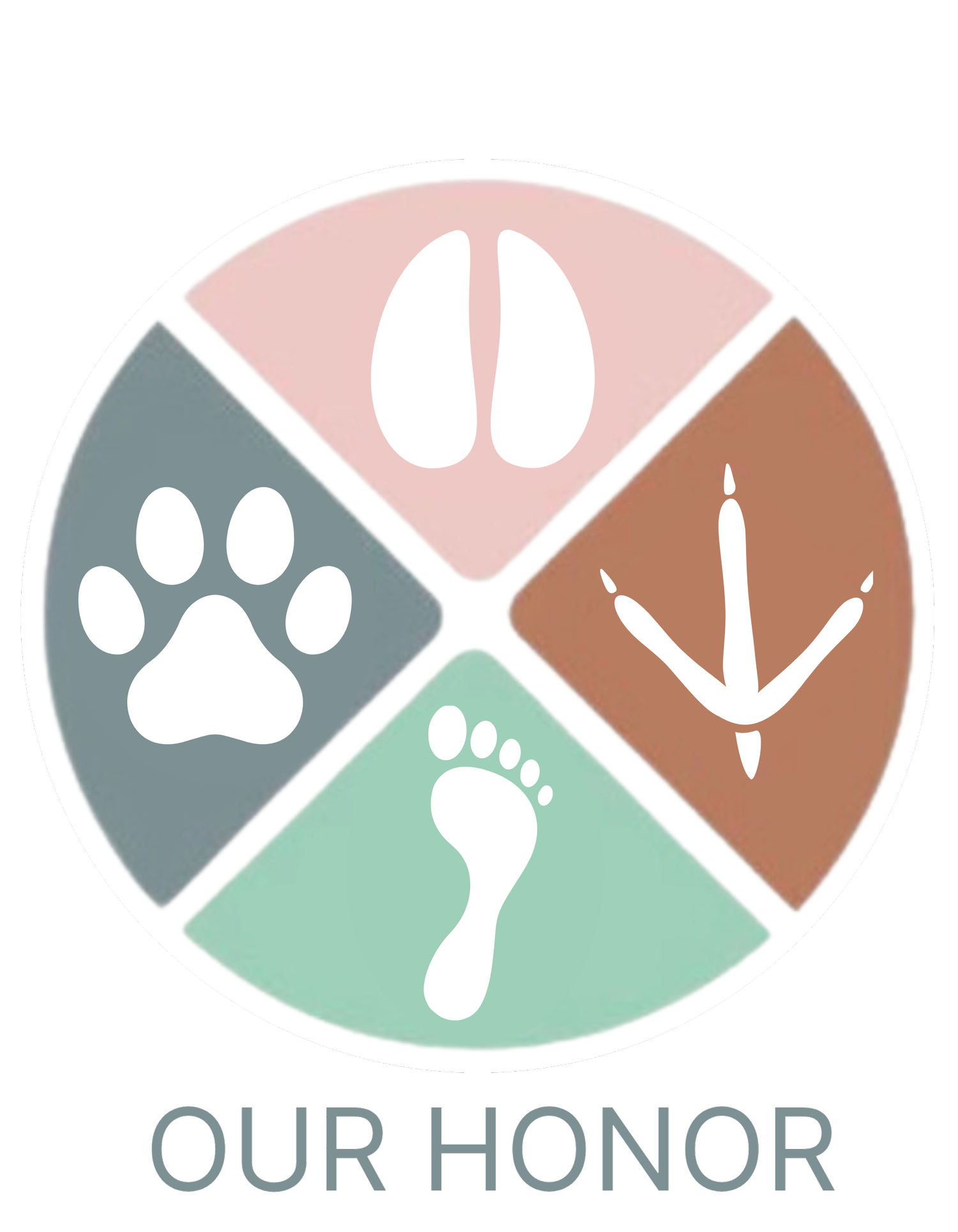Veterinarians Call on Canadian Government to Stop Importing Primates for Biomedical Experimentation
Rt. Hon. Justin Trudeau, PC, MP
Prime Minister of Canada
justin.trudeau@parl.gc.ca
Hon. Steven Guilbeault, PC, MP
Minister of Environment and Climate Change
steven.guilbeault@parl.gc.ca
ministre-minister@ec.gc.ca
Minister of Transport
TC.MinisterofTransport-MinistredesTransports.TC@tc.gc.ca
Minister of Health
Minister of Public Safety
IGA.Minister-Ministre.AIG@pco-bcp.gc.ca
François Legault, MNA
Premier of Québec
francois.legault.asso@assnat.qc.ca
December 20, 2024
Veterinarians Call on Canadian Government to Stop Importing Primates for Biomedical Experimentation
As veterinarians, our primary responsibility is to protect the health and welfare of animals. This commitment extends to opposing the importation of primates for biomedical experimentation, recognizing both the ethical implications and the associated risks to animal and public health.
A decade ago, the use of chimpanzees in experimentation ended due to scientific, ethical, and financial concerns. However, the biomedical industry has increasingly turned to long-tailed macaques despite the emergence of advanced alternatives such as organs-on-chips, 3D bioprinted tissues, organoids, and in silico modeling.
Long-tailed macaques are highly intelligent, social animals with complex behaviors. Over the past three decades, more than half a million have been shipped to North America, threatening their wild populations and raising serious zoonotic disease risks. In 2022, the long-tailed macaque was classified as endangered on the International Union for the Conservation of Nature Red List.
Recent investigations exposed illegal imports of macaques from Cambodia to the U.S., prompting bans and legal action. Despite this, thousands of macaques have been imported to Canada, bypassing U.S. restrictions. Flights chartered by research laboratories, some lacking appropriate permits, have continued unchecked.
As veterinarians, we are deeply concerned about the use of primates and their potential to compromise public health through zoonotic disease transmission. The COVID-19 pandemic underscored the dangers of wildlife trade and the urgent need for stricter regulations.
We urge the Canadian government to ban the importation of primates for biomedical testing and expedite the transition to non-animal research models through incentives.
As professionals dedicated to animal welfare and public health, we call for immediate action to address this pressing issue and uphold Canada’s commitment to ethical and responsible animal care.
__________________
[1] Hansen, M.F., Ang, A., Trinh, T.T.H., Sy, E., Paramasivam, S., Ahmed, T., Dimalibot, J., Jones-Engel, L., Ruppert, N., Griffioen, C., Lwin, N., Phiapalath, P., Gray, R., Kite, S., Doak, N., Nijman, V., Fuentes, A. & Gumert, M.D. 2022. Macaca fascicularis (amended version of 2022 assessment). The IUCN Red List of Threatened Species 2022: e.T12551A221666136. https://dx.doi.org/10.2305/IUCN.UK.2022-2.RLTS.T12551A221666136.en. Accessed on 28 October 2024.
[2] Canadian Transportation Agency. Summary of enforcement actions.
https://otc-cta.gc.ca/eng/enforcement-action/sky-taxi-sp-z-oo-carrying-business-skytaxi
[3] Johnson CK, Hitchens PL, Pandit PS, et al. Global shifts in mammalian population trends reveal key predictors of virus spillover risk. Proc Biol Sci. 2020;287(1924):20192736. pp. 7–8. doi:10.1098/rspb.2019.2736 (“[S]pecies in the primate and bat orders were significantly more likely to harbour zoonotic viruses compared to all other orders, after adjusting for domestication, species abundance, criteria for listing and the number of PubMed publications at the species level” [emphasis added].)
[4] Borsky S, Hennighausen H, Leiter A, et al. CITES and the zoonotic disease content in international wildlife trade.” Environ Res Econ. 2020;76:1001–1017. doi:10.1007/s10640-020-00456-7 (“[E]ither macaca fascicularis or macaca mulatta show the highest average volume of potential zoonotic disease traded.”)

